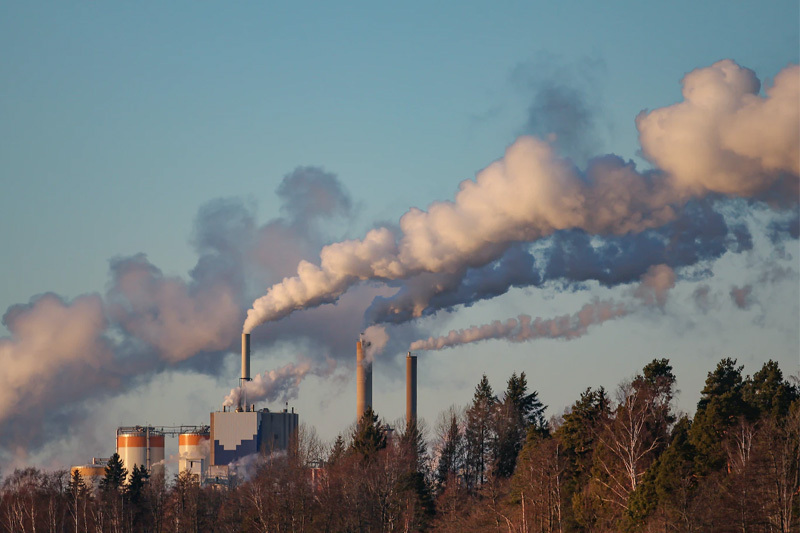
WWF Wants EU To Take A “Good Hard Look” At Its Climate Policies
According to a World Wildlife Fund (WWF) report published on Monday, a handful of policies risk hindering the European Union’s ambitious climate objectives.
Despite recognising good progress on climate action, WWF wants the 27-member bloc to take a “good hard look” at its policies and address potential “loopholes”.
Meanwhile, the European Commission could soon publish its own assessment on whether its policies are consistent with meeting goals and adapting to the impacts of climate change.
Assessing Potential “Loopholes” In EU’s Policies
WWF noted the bloc’s failure to tax aviation fuels and the inclusion of gas and nuclear in the sustainable finance taxonomy, a list of economic activities eligible for sustainable investments.
The Commission believes there is a role for private investments in gas and nuclear activities in the green transition, and stresses these activities are time-limited.
But WWF warns this could affect EU budgets, state aid and green public procurement as well as diverting investments from low-carbon technologies.
Keep Reading
What’s “The Biggest Absurdity Of All”?
World Wildlife Fund also highlighted the EU’s failure to impose levies on commercial aviation fuel, suggesting its another missed opportunity to halt climate change.
Currently, EU policies don’t allow the taxation of commercial aviation fuel, except for commercial flights or by bilateral deal between member states.
Speaking before the European Parliament in October, Wopke Hoekstra, the newly appointed EU climate chief, called the absence of taxation on aviation fuel “the biggest absurdity of all”.
Climate Crisis Could Hit Farmers “Harder And Earlier”
WWF also stressed the need to address loopholes in the EU’s agriculture and land use policies, warning the climate crisis could have a relatively more brutal effect on the farming industry.
The bloc currently incentivises farmers to use land for biofuel, biogas and other energy crops, when that land could be used to satiate millions of people’s calorie needs.
Farmers across Europe continue to receive payments for multiple emissions-emitting activities such as livestock farming and the cultivation of drained organic soils.




